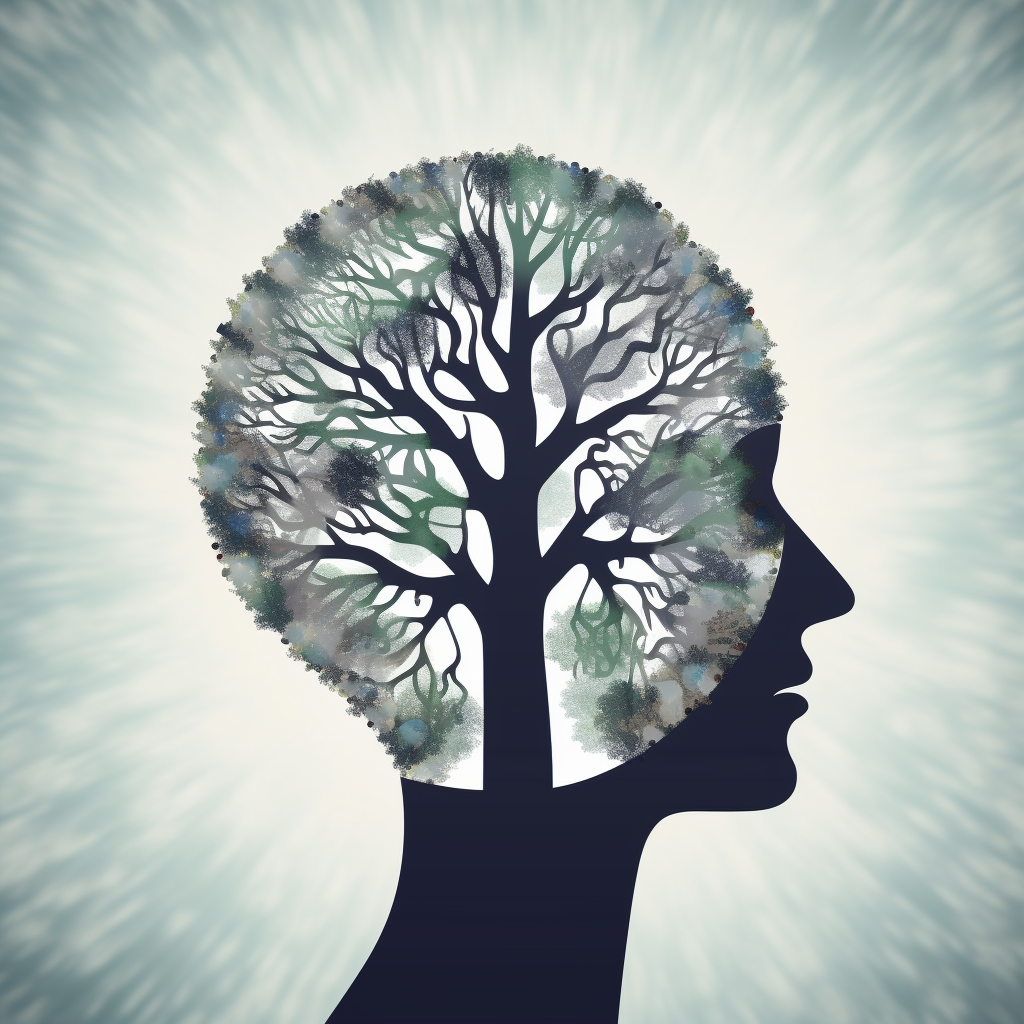Certain negative experiences can stay with a person for a lifetime, and sexual abuse is one of them. Sexually abused children and adults often develop unwanted physical and mental health conditions and challenging coping mechanisms to deal with their trauma. The scars and wounds can run deep but healing is possible.
Healing does not happen overnight, as managing trauma and related symptoms is a gradual and ongoing effort. Sexual abuse mental health is the focus of this article: There are ways sex abuse survivors can reduce anxiety, fear, and other chronic conditions. Support groups and related resources, hotlines, and custom treatments can reduce the weight survivors carry.
Advice from StrongerThan.org, a community for sex abuse survivors, can help you in your healing journey, as there is no one-size-fits-all to trauma recovery. Let’s get started.
What Is Sexual Abuse?
Sexual abuse is any unwanted and non-consensual sexual act forced upon a woman, man, or minor (those under the age of 18). The CDC reports that sexual violence impacts millions of people across the globe. About half of women and one in three men have experienced some sexual abuse in their lifetimes. There are many types of sexual abuse, including (but not limited to) sexual assault, rape, sexual abuse, and online sexual abuse.
Trauma presents in different ways, so it’s not uncommon for children to become adults before they discover they were sexually abused. In other cases, people are aware of it their entire lives.
How Does Sexual Abuse Affect Mental Health?
Sexual abuse is usually not limited to one experience but multiple forced interactions. Revictimization is a reality, and about half of survivors are subjected to either repeated sexual abuse or retargeted later in life.
Sexual abuse wields significant power over a person’s memories, mind, and body, especially children who were abused and neglected. Over time, the shock of abuse manifests in different ways, influencing things like mental health.
The effects of sexual abuse on mental health include:
- Anxiety disorders and stress, like post-traumatic stress (PTSD)
- Impulsivity
- Depression
- Eating disorders
- Dissociative disorders
- Flashbacks
- Substance abuse
- Panic attacks
- Suicidal thoughts
- Low self-esteem
Besides the sexual abuse effects on mental health, physical symptoms might also surface.
Physical effects of sex abuse may include:
- Headaches and stomach pain
- Poor sleep
- Changes in appetite
- Self-harm
- Sexually transmitted diseases/infections
The effects can vary between adult and child sex abuse. Additionally, sometimes conditions can disappear for a while only to reemerge later.

How Sexual Abuse Affects the Brain
Extreme fear or traumatic events like sexual abuse alter a person’s brain chemistry, which is associated with PTSD. Trauma impacts three areas of the brain that regulate emotions and respond to fear: the amygdala, hippocampus, and prefrontal cortex. Once a person suffers a crisis, certain parts of the brain live in an overactive, hyperarousal state while others are less active.
The brain performs and functions differently after trauma, which is a protective mechanism. Also inflicted is the corpus callosum, which influences emotion and communication and a person’s cortisol levels, contributing to higher stress levels.
For instance, child sexual abuse (CSA) has been linked to significant memory problems in adulthood. It affects the hippocampus, specifically. Sometimes, children become adults before they recognize the signs of sexual abuse as the brain blocks out information sources so it can process pain and trauma. Due to the influence on the brain, child sex abuse survivors may adopt various survival strategies and experience recurring feelings of confusion, anger, fear, and shame.
Sexual Abuse and Mental Health Conditions
While the physical symptoms of sexual abuse might heal, there are underlying scars that last a lifetime. People who endure life-altering events like sexual abuse are more likely to develop OCD, chronic depression, anxiety, PTSD, eating disorders, sleep disorders, and dissociative disorders.
About 77 percent of sex abuse survivors develop sleep disorders and experience flashbacks and nightmares. As the trauma begins to influence the brain, people dissociate (have an “out-of-body” experience) before and after the abuse. Self-harm and the feeling of losing your identity have also been noted.
Wrestling with ongoing symptoms can take a toll on a person’s well-being. When treating sexual assault mental health effects, therapy is often the best tool for healing.
Therapy for Sexual Abuse Survivors
Therapy is a tried and true method for helping people cope with trauma. As negative experiences have been attributed to influencing how the brain functions and performs, therapy has proven highly effective.
There are many different ways to get help after trauma, from art-driven to cognitive behavioral methods of therapy. For example, one person might be dealing with an eating disorder and benefit from psychotherapy, nutrition education, ongoing monitoring, and possibly medication. In a much different scenario, someone coping with constant nightmares might instead benefit from imagery techniques.
Survivors do not have to feel limited in the treatment options available to help with their unique needs.
Eye Movement Desensitization and Reprocessing Therapy (EMDR)
EMDR was initially developed for sufferers of PTSD. It is an individualized treatment often delivered one to two times per week or over six to 12 sessions, but that can vary based on the individual and the treatment plan. EMDR can help with mental health conditions like dissociation and nightmares.
In an EMDR session, the patient will replay their traumatic memories but use either tapping on their shoulders or knees or rapid eye movements back and forth to help the brain reprocess these memories and heal from them.
Psychologists and other trained professionals use this practice to change how memory is stored in the brain to hopefully reduce and eliminate problematic symptoms. The belief is that when negative memories are triggered, the person’s original thoughts, feelings, and other disturbing elements resurface. They believe this is what causes distress, PTSD, and other negative experiences.
Cognitive Processing Therapy (CPT)
Cognitive processing therapy (CPT) can help sexual abuse survivors challenge and alter irrelevant thoughts related to their trauma. Essentially, an individual can create a new understanding of their experience to help reduce the adverse effects on their life.
Trauma-Focused Dialectical Behavior Therapy (DBT)
DBT focuses on mindfulness, distress tolerance, emotional regulation, and interpersonal effectiveness. Developed by Marsha M. Linehan, DBT focuses on validation and acceptance using behavior change strategies and skills application to help individuals target and boost healthy coping techniques. Studies show about 79 percent of people showed a remission of PTSD after DBT treatment.
Trauma-Informed Expressive Arts Therapy
Trauma-informed expressive arts therapy uses creative expression to help trauma survivors repair emotional wounds. It’s supposed to minimize the effects of overactivation, hyperarousal, general anxiety, and PTSD.
In the past, participants have recovered a sense of well-being and more positive interpersonal relationships and regained a sense of safety and control over thoughts, emotions, and feelings.
Attachment, Regulation, and Competency (ARC)
ARC is a program designed for children and adolescents who have endured complex trauma. The framework is grounded in a trauma-centered approach. It addresses the damage sexual abuse and other types of complicated trauma can do to people’s attachment patterns, self-regulation, and basic developmental skills.
The Cost of Treating Mental Health Related to Sexual Abuse
While there are therapy modules available for free or low cost, they often come with a long waiting list or are difficult for survivors in their busy lives to come by.
For those needing around-the-clock support, an in-patient sexual abuse mental health facility can cost thousands of dollars. Beyond that, therapy — both with and without insurance — can carry a dizzying price tag as well.
Treatment shouldn’t have to be expensive but it often is. You also shouldn’t have to pay this cost when you’re already paying the emotional cost of another’s transgressions. To access the financial resources needed for care, including the funds to offset critical life expenditures like possible housing, childcare, and more, many survivors take their abuser to civil court.

Support and Crisis Lines for Sex Abuse Survivors
Crisis hotlines allow survivors to shed loneliness and feelings of isolation. People can connect with live, caring people who are trained and equipped to help them navigate trauma.
Examples of abuse hotlines include:
- U.S. Substance Abuse and Mental Health Services Administration: 1-800-662-HELP
- Rape, Abuse and Incest National Network (RAINN): 24/7 online support or contact 1-800-656-4673
- Survivors Network of those Abused By Priests (SNAP): 1-877-SNAP-HEALS (1-877-762-7432)
- National Sexual Violence Resource Center: Directory of businesses and general inquiries or requests for assistance
- National Human Trafficking: Hotline: 1-888-373-7888 and Textline: 233733
Transform your pain into your greatest strength
Mental Health Resources for Sex Abuse Survivors
Sex abuse survivors usually deal with a lifetime of unexpected symptoms and chronic conditions due to trauma. One of the toughest challenges post-trauma is finding helpful information and resources when needed.
StrongerThan.org is a compassionate community devoted to helping sex abuse survivors. We believe information is key when navigating the different stages of trauma.
It is possible to rebuild your life after sex abuse, find your voice, and return stronger. While recovery is not fast or easy, we try to make finding information quick and simple.
Become part of our community or contact us with questions if you need help or support.
